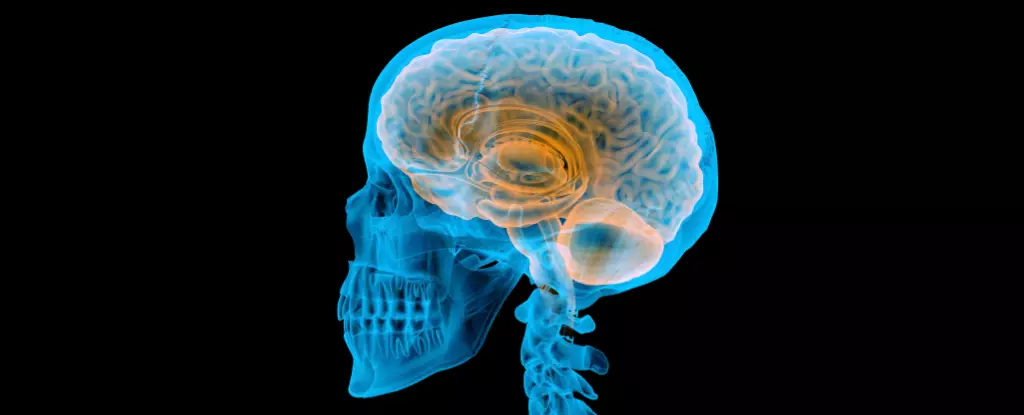The intricate relationship between humans and the microorganisms residing in their guts has garnered significant attention, particularly in understanding the evolution of our species. Recent findings suggest that these gut microbes may have been instrumental in the development of human brains, transforming our understanding of both biology and evolutionary processes.
At the core of this research is the notion that the human gut microbiome is uniquely adapted for energy production, specifically geared towards catering to the energy demands of our brains. Unlike other animals whose gut microbiomes might prioritize energy storage, humans appear to have evolved a microbial community focused on releasing energy efficiently. This pivotal function likely contributed to the energy-intensive demands of larger brain structures. As explained by anthropologist Katherine Amato, the microbial inhabitants of our intestines help drive metabolic processes that are critical for brain health and function.
The link between gut health and cognitive function is becoming increasingly clear. The metabolic by-products of gut microorganisms can influence various biological mechanisms, including some that regulate metabolism, insulin resistance, and even body weight. Amato points out that variations in gut microbiota could unveil new layers to our understanding of metabolic evolution in primates, a fascinating avenue ripe for exploration.
In a groundbreaking experiment, researchers studied the effects of gut microbiomes from different primates on germ-free mice. By inoculating these mice with microbiomes harvested from humans, squirrel monkeys, and macaques, the team aimed to uncover the functional differences in energy metabolism between these species. The outcomes were revealing: mice receiving the human microbiome displayed a notable increase in fasting glucose and triglyceride levels, while also exhibiting lower cholesterol and minimal weight gain. This robust metabolic profile suggests a remarkable adaptation in human gut physiology, emphasizing energy allocation to brain function rather than fat storage.
Interestingly, this trend wasn’t solely exclusive to human microbes. Mice introduced to squirrel monkey microbiomes mirrored similar metabolic shifts, highlighting an evolutionary parallel in energy prioritization for larger brains. In contrast, macaque-derived microbes seemed to favor energy storage, reflecting the distinct metabolic adaptations that correlate with their smaller brain sizes. This comparative analysis underscores the potential evolutionary drivers that shaped the metabolic landscapes of various primate species, particularly as they relate to cognitive capacities.
The phenomenon of trade-offs between brain and body growth has been observed across mammalian species, and this research adds a significant layer to that narrative. Amato and her colleagues emphasize this point, stating that developmental patterns in humans indicate an inverse relationship between brain energy demands and body growth rates—particularly during critical developmental phases like infancy and puberty. This interplay, where brain energy requirements peak at mid-childhood, points towards a delicate balance that has evolved over time, likely influenced by the microbial environment within the gut.
As we ponder the implications of these findings, the relationship between our gut microbiome and brain development opens new discussion avenues regarding cognitive health. The idea that our gut dwellers could be so influential in determining our evolutionary trajectory reinforces the notion of symbiosis in biology—wherein organisms interact in a mutually beneficial manner for survival and adaptation.
Understanding the role of gut microbiomes in human evolution extends beyond mere biological curiosity; it could have profound implications for how we approach health and disease in the modern world. As research elucidates the mechanisms behind gut-brain interactions, we may find avenues for therapeutic interventions that enhance cognitive function or counteract disorders linked to metabolic challenges.
Overall, this exploration into the microbial influencers of human cognition sheds light on our evolutionary journey and highlights the intricacies of life that are often overlooked. From the vast ecosystems within our intestines to the complex demands of our neural systems, the path to understanding human evolution is paved with discoveries that challenge conventional wisdom. The story of our gut microbes is not merely about digestion; it is a tale of survival, adaptation, and the remarkable interplay of life on our planet.

